Equity Matters: In Learning, for Life.
Equity Alliance Blog

In spring of 2021, Sidney, a graduate scholar of lesbian history, reached out to Cueponcaxochitl and Nicole after they had published a piece which was edited by her on exerting Native sovereignty in the face of erasure of Native peoples from the 2020 elections. In drafting their history thesis...

It all began in 2009. Rubén was 10 years old and was in grade 4 at a ordinary public school in the Spanish city of León. Right from the beginning of the year, his teacher refused to accept the disability (Down’s syndrome) and constantly subjected him to different situations of educational neglect.
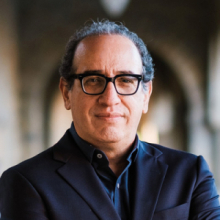
About 25 years ago, inclusive education gained international visibility through various multinational agreements, policy developments and reports including the Salamanca declaration, the UN Convention on the Rights of Persons with Disabilities, the World Report on Disability (WHO/World Bank, 2011), and the Sustainability Development Goals....

Spanning several generations, leadership preparation programs in special education have produced the faculty that generate research knowledge and prepare special education teachers. Unfortunately, the challenges facing these programs have reached crisis proportions as reflected in stagnant federal funding and a reduction in the number of...

Disability touches the lives of all human beings in one way or another during their lifetime. It is not surprising, therefore, that most societies deploy protections and supports for people with disabilities. But just as disability constitutes an object of protection, it is necessary to remember that disability can also be used as a tool of...

Schools should be a welcoming, safe place for all students – where students can be themselves, learn, and thrive. However, harsh discipline policies and punitive dress codes are disproportionately pushing students of color out of public schools. Biased school dress codes too often target students of color by unreasonably prohibiting hairstyles...
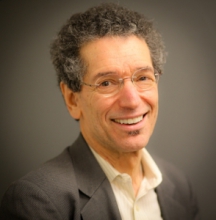
All humans deserve to thrive—socially, emotionally, cognitively, physically, economically, and spiritually. Equity in thriving has been contested and denied in the U.S. since the first Europeans arrived. Not only has opportunity been limited, but so has the conceptualization of what...

When asked, “How does it feel to be you in school?” a Black 16-year-old male student answered, “I feel imprisoned in school. I wish I didn’t have to stand in line to be searched to get into school and then be held to a strict code as to what I have to do during the day. I wish the teachers would help us in our individual learning styles rather...

In April 2019, the Education and Labor Committee of the U.S. House of Representatives held a hearing about the legacy of school integration efforts and the federal government’s role 65 years after the Brown v. Board of Education decision that declared racially segregated schools to be inherently unconstitutional. The Ranking Republican member on...
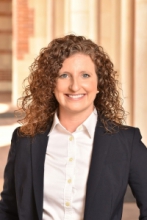
Some policymakers in the United States are considering whether the right to vote should be extended to 16 and 17 year olds.

The education of unaccompanied minors calls for transformative educators and policies. A question we need to continuously ask is whether we want to train minors so they are apprenticed into servitude,[1] or do...
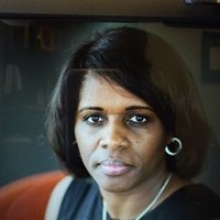
As an associate director of a disability office in higher education, I have had the pleasure of meeting various students with disabilities or labeled with dis/abilities...
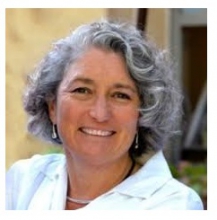
English learners (ELs) are currently about five million students in the U.S. If we want these students to have access to equitable math instruction, we need to first move past deficit views of those learners and contradict common sense notions of what they need. Research suggests that EL instruction that supports student...
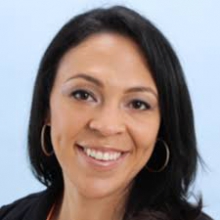
School boards are the epitome of local U.S. politics. With more than 90,000 members governing nearly 13,000 school districts, school boards represent millions of constituents. In many ways, we entrust these policymakers with our children’s education. Yet, the question remains: Should we trust that school board members have the best interest of...

Allysa sat across from me, nervously twisting her curled hair as she introduced herself. It was clear she had put time into her appearance for this admission interview for the elementary teacher education program at my institution. As a faculty member, I regularly interview nice, young, predominately White women who dream of becoming teachers...

I distinctly remember coming across Joaquin’s Dilemma, by Pedro Noguera, when I was a special education teacher in Miami-Dade County Public Schools. I was struck by the title of his analysis of the racialization of school-related behaviors. It was the first time I...
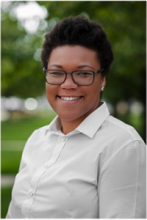
In the U.S., discipline policies—in both creation and enforcement—result in re-segregated learning environments [1], the inequitable penalization of marginalized students [2], and limited access to learning [3] for historically marginalized students. Research demonstrates harsh discipline has significant financial costs on our economy [4] and...
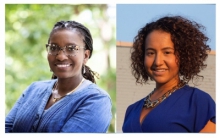
Outside of home, schools are typically the place children spend most of their time. School should be a place full of lively learning and discovery! But what if it’s not? Imagine, the following scenario.
While attending a family reunion this summer, I was approached by a bright, beautiful, young cousin who was interested...
- 1 of 10
- next ›